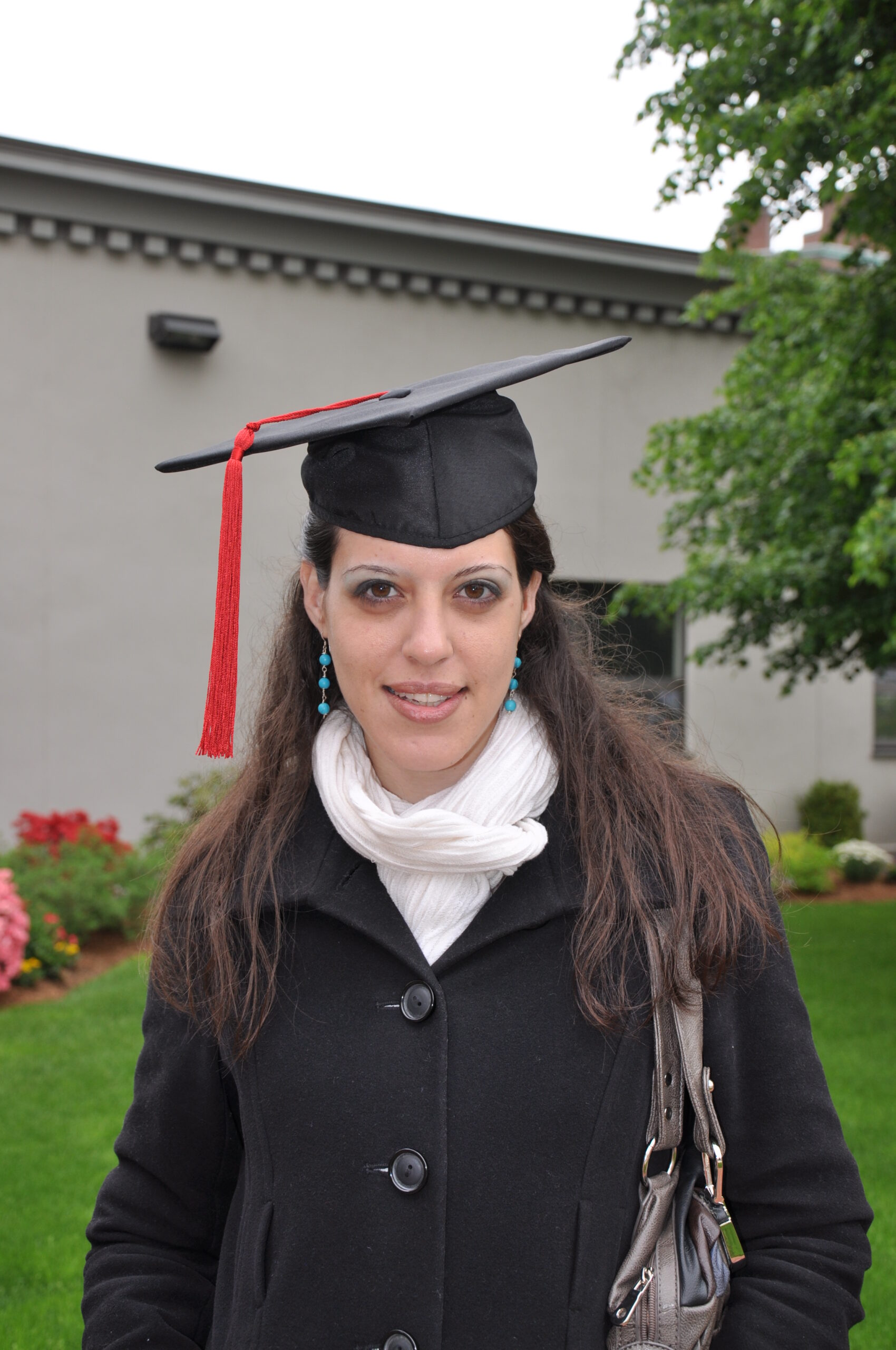[:el]
Angeliki Asimaki is a pathoanatomist at Harvard University and Beth Israel Deaconess Hospital in Boston. As a member of a research team, she made a breakthrough discovery of a new drug that can help those suffering from life-threatening arrhythmias.
Her interest for this particular disease began at a young age, since she was diagnosed with severe cardiological problems and was hospitalized at Onassio Hospital for a long time. She lived in Greece until the age of 18.
She later relocated to London and studied at the University College and later at the Medical School of Harvard University in the United States.
Asimaki and her colleagues, who also made a significant publication in the prestigious international medical journal Science Translational Medicine, discovered a drug that targets directly the generation mechanism of arrhythmia. However, the origin and character of this mechanism remain currently unclear.
The originality of the invention lies in the fact that the researchers based their discovery on the study of a fish (the so-called zebra-fish) rather than an animal, which they genetically modified to display a rather rare hereditary disease, the arrhythmogenic right ventricular cardiomyopathy (ARVC). People with this disease exhibit arrhythmia, malfunction of the heart as a blood pump and damage to the heart muscle tissue.
Asimaki has been focusing her research on cardiomyopathies and arrhythmias for years. In 2009, she became widely known with the discovery and the related publication in the medical journal New England Journal of Medicine for a non-invasive diagnostical procedure for the arrhythmogenic right ventricular cardiomyopathy.
[
Angeliki Asimaki is a pathoanatomist at Harvard University and Beth Israel Deaconess Hospital in Boston. As a member of a research team, she made a breakthrough discovery of a new drug that can help those suffering from life-threatening arrhythmias.
Her interest for this particular disease began at a young age, since she was diagnosed with severe cardiological problems and was hospitalized at Onassio Hospital for a long time. She lived in Greece until the age of 18.
She later relocated to London and studied at the University College and later at the Medical School of Harvard University in the United States.
Asimaki and her colleagues, who also made a significant publication in the prestigious international medical journal Science Translational Medicine, discovered a drug that targets directly the generation mechanism of arrhythmia. However, the origin and character of this mechanism remain currently unclear.
The originality of the invention lies in the fact that the researchers based their discovery on the study of a fish (the so-called zebra-fish) rather than an animal, which they genetically modified to display a rather rare hereditary disease, the arrhythmogenic right ventricular cardiomyopathy (ARVC). People with this disease exhibit arrhythmia, malfunction of the heart as a blood pump and damage to the heart muscle tissue.
Asimaki has been focusing her research on cardiomyopathies and arrhythmias for years. In 2009, she became widely known with the discovery and the related publication in the medical journal New England Journal of Medicine for a non-invasive diagnostical procedure for the arrhythmogenic right ventricular cardiomyopathy.
Read below Asimaki’s interview at ellines.com Team
[:]






